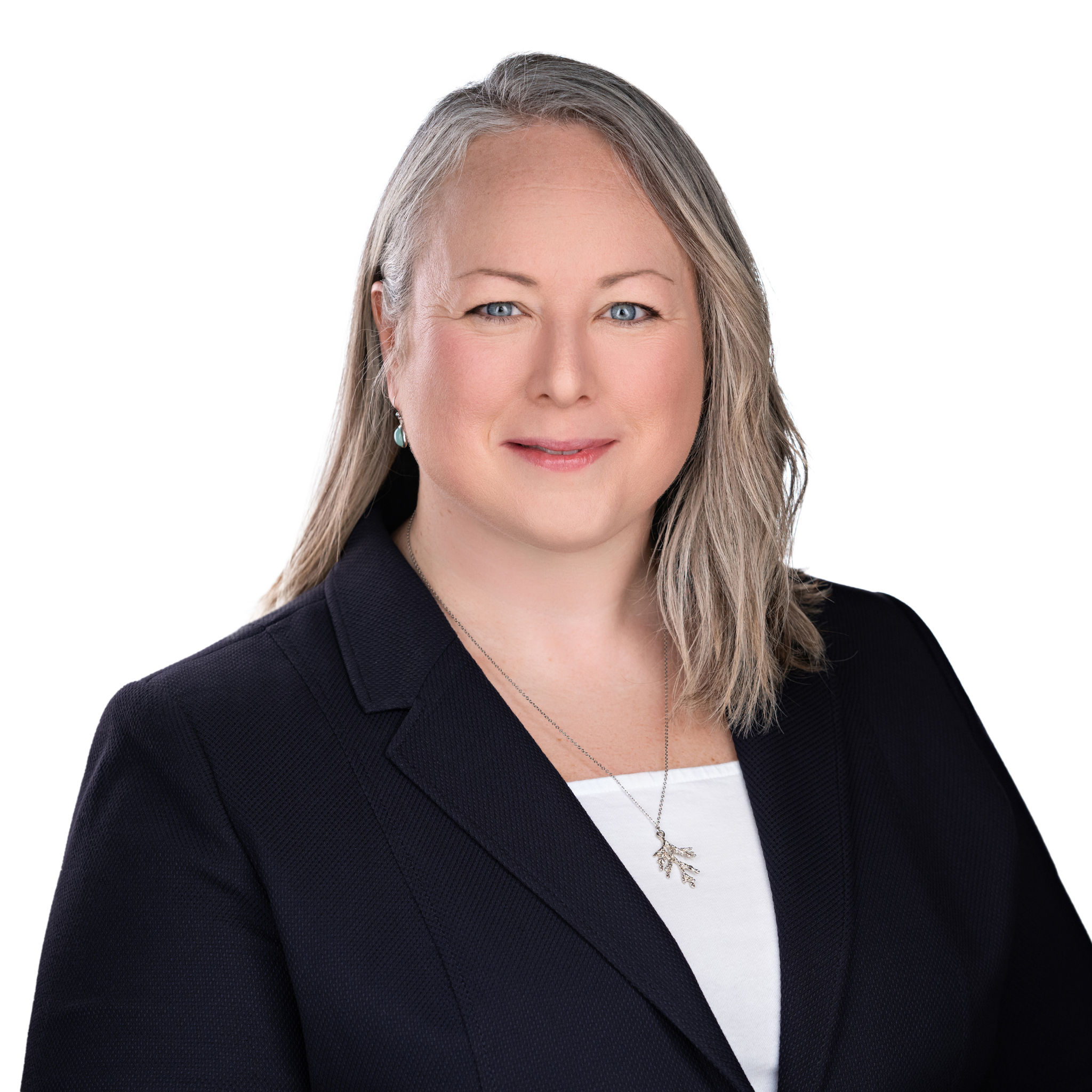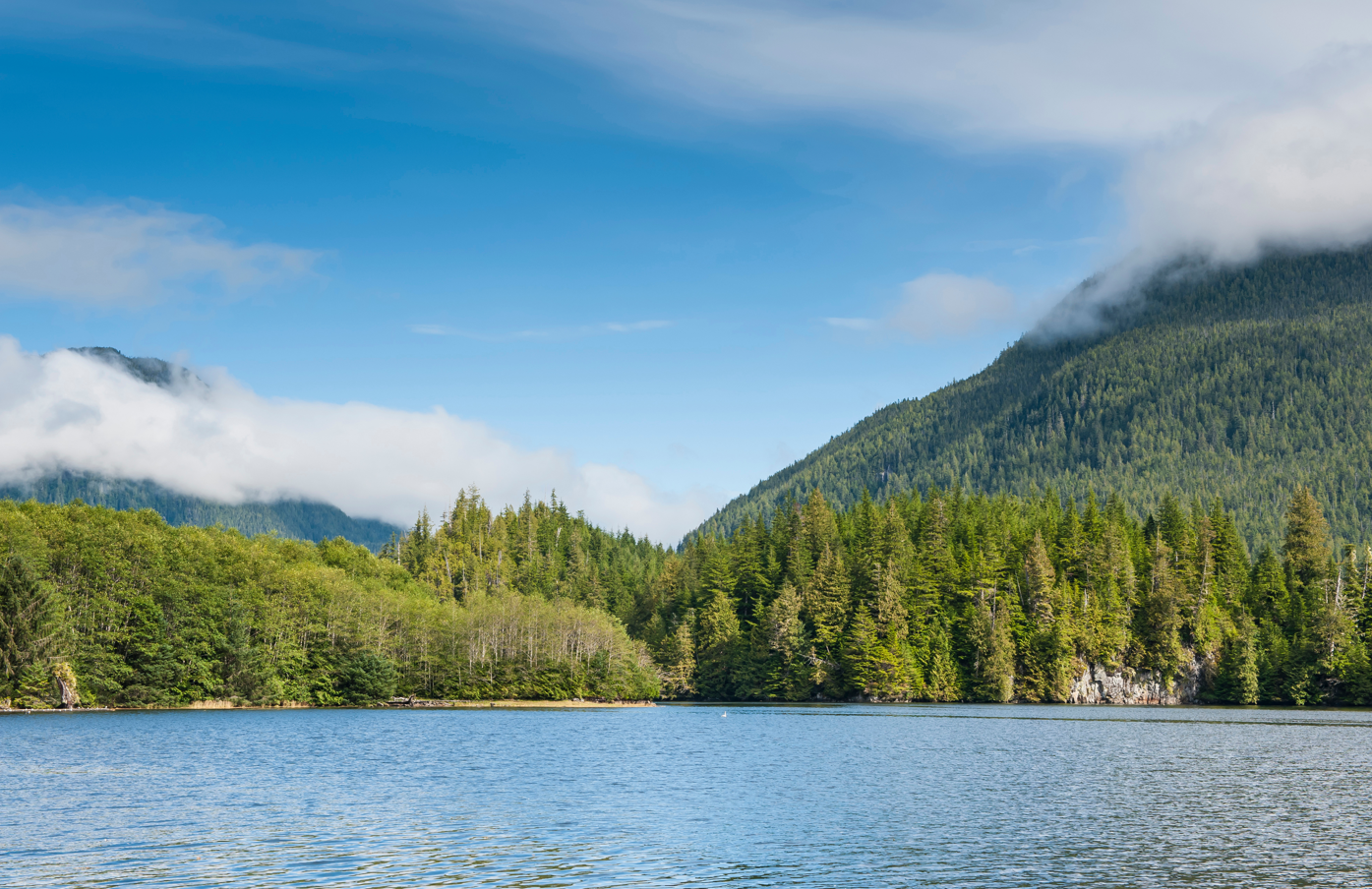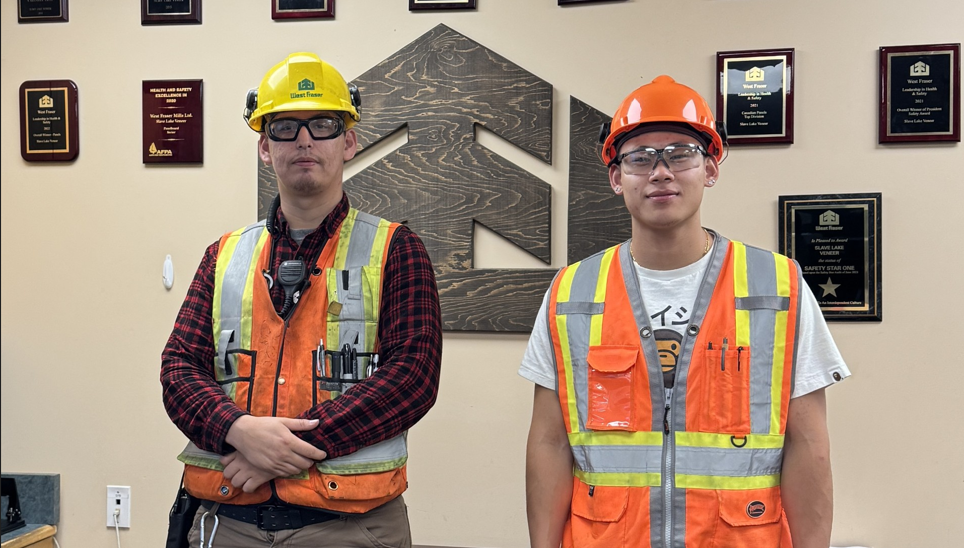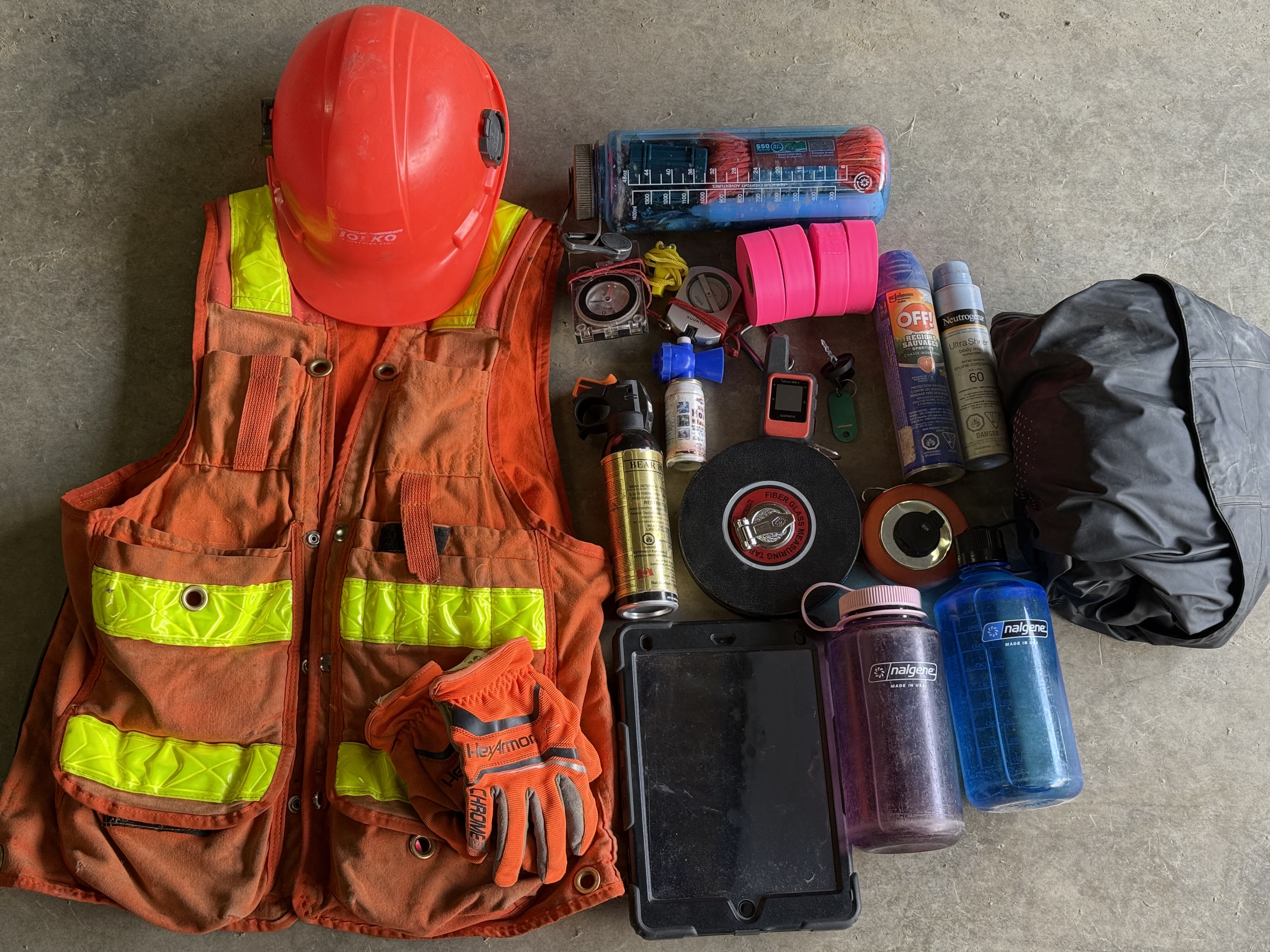A few weeks ago, I had the immense pleasure of interviewing Marissa Green, Land Use and GIS Coordinator here at Mercer Peace River. I consider Marissa to be one of my biggest mentors as a young woman in forestry. We had a great conversation about the forest industry, her path to her current position, and the unique challenges that accompany being a woman in an often male dominated field.
Our conversation goes as follows:
How did you know that forestry was something you wanted to pursue in the first place?
I knew that I wanted to attend post-secondary after high school, but wasn’t sure exactly what for. I attended some open houses at the University of Alberta and NAIT. At the NAIT forestry booth, they handed me a small sapling, which reminded me of camping, a pastime I loved, so I decided to give it a try and ultimately enrolled in the U of A’s Forestry program.
Beyond that, I think that the reason I’ve stayed in forestry is because of its dynamic nature and how many things there are to learn, even as you progress in your career. You’re able to bounce around and try new things within it. I also enjoy the opportunity to work within a sustainable industry.
What did your trajectory towards your current position look like?
I’ve had many different opportunities and was encouraged to explore various new experiences during my time at university, through summer jobs, and in different roles. One summer, I worked in vegetation control across Alberta and Saskatchewan, which led to a position as a silviculture summer student for the two following summers, where I worked on the spring and summer tree plants. This remains one of my favourite experiences I've had working in forestry.
After graduating, I moved to High Level, Alberta, where I had the opportunity for a full-time operations position. I later returned to silviculture, worked in regulation, and then in a conservation organization before coming to Mercer Peace River. I believe these varied experiences have given me a holistic view of forestry and resource management, and I’m incredibly grateful for the insights I’ve gained from each role.
At times, forestry can be very male-dominated, which can present a challenge for women who are trying to enter the industry. Do you have any advice for women who are new to forestry?
My biggest piece of advice would be to seek out women mentors within the industry. I am very grateful to the women who paved the way for me and made it easier for me to begin my forestry career. I think that the experience for women in forestry is still a bit different from that of men, even if the differences are more subtle than what you might initially expect.
It's important to maintain open conversations about women in forestry and to voice your concerns as they arise. Building a community of supportive colleagues who believe in your abilities is vital. These connections can help ensure that when you lead a project or contract, others will recognize and support you. Make sure to stay positive and advocate for yourself!
What are the ways that you’ve felt supported working as a woman in forestry?
There are many initiatives that highlight the contributions of women in forestry, and I strive to stay informed about their achievements across Canada. I have received significant support while working alongside many strong women in the forestry industry. I am continually inspired by the diverse perspectives and skills that women contribute, driving sustainable practices and enhancing engagement. Creating this network of colleagues and mentors has been immensely beneficial for me, and I hope to continue fostering it for others!
What are some of the ways that you think that not only you and I, but also our organizations on a broader level, can keep extending support to women in forestry?
I think that acknowledging that it has been, and still could be, different for women to work in a male-dominated industry, especially in terms of having more access to leadership opportunities. Top down, it’s nice to see more initiatives that are welcoming to women in leadership. For women already in leadership roles, recognizing and celebrating their presence remains important. I also think that forestry roles can be somewhat stereotyped, so we need to work on addressing those biases at times.
Finally, what direction would you like to see forestry move towards? What would you like the industry to look like in the next decade or two?
I believe that forestry has undergone significant improvements in terms of technology and our understanding of sustainability since its early days. I hope this progress continues. I would like to see more collaborative projects that engage local communities, other organizations, and students to raise awareness about forestry practices and identify opportunities for improvement. Additionally, I think it's important to learn from existing science and research, embrace new ideas, and welcome positive change to continue moving forward.
I would like to extend a big thank you to Marissa for the time she took to have this conversation with me and for all of the extra work she does to make the summer student position at Mercer Peace River as well rounded and educational as possible.









.jpeg)


